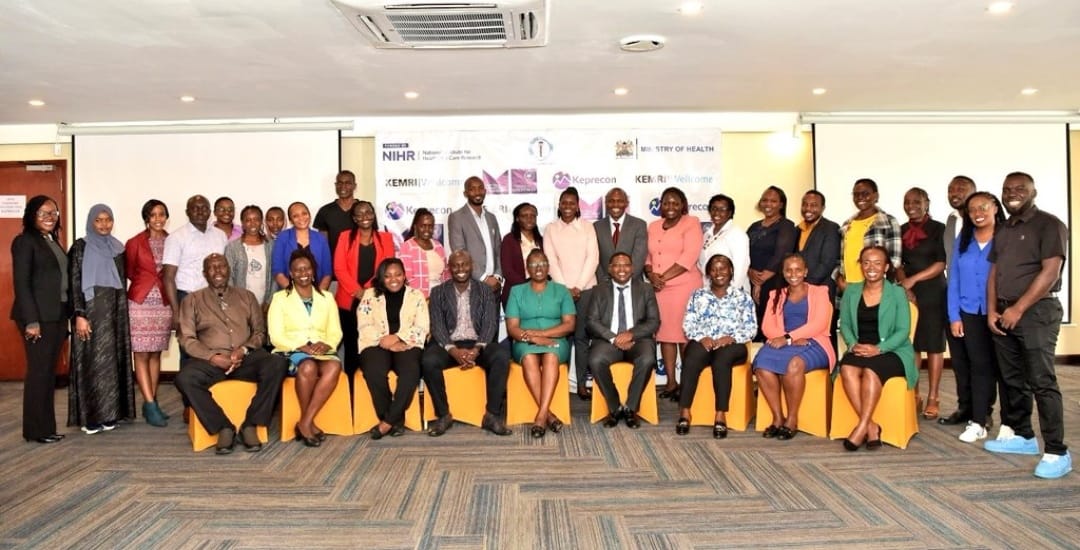A new study reveals that severe nurse shortages in Kenyan hospitals are a major barrier to providing quality care for newborns, despite advancements in medical technology. The Harnessing Innovation in Global Health for Quality Care (HIGH-Q) study found that high patient loads and inadequate staffing leave nurses with only a fraction of the time needed to properly care for sick and premature babies.
The research, conducted in eight Kenyan county hospitals, highlights a critical gap between technological upgrades and the human resources required to utilize them effectively. Nurses are the primary caregivers for newborns, responsible for monitoring, feeding, administering medication, and emergency interventions. However, the study found that nurses in public hospitals had an average of just 30 minutes per baby during a 12-hour shift, far below international standards. In some cases, a single nurse was responsible for more than 25 babies. This severe shortage results in “missed care,” where sick newborns receive only a portion of the attention they need.
The study also documented the significant emotional and psychological impact of these conditions on both nurses and mothers. Nurses reported high levels of stress and burnout due to the immense pressure to provide care under difficult circumstances. This overwhelming workload leaves them little time to engage with parents, leading to emotional withdrawal and a reduction in communication.
For mothers, the lack of support and poor communication resulted in high levels of stress, confusion, and a sense of stigma. The physical environment of the wards, which are often overcrowded and poorly organized, further complicates the situation, compromising hygiene and safety.
The HIGH-Q project piloted several interventions to address these issues. Recruiting additional nurses slightly improved care time, but staffing levels remained well below safe standards. Introducing ward assistants to handle non-critical tasks such as cleanliness and waste disposal proved effective, improving hygiene while freeing nurses to focus on essential care and providing much-needed support to mothers. Communication training was also tested, with targeted sessions that enhanced nurses’ self-awareness and improved interactions with both colleagues and parents.
Based on these findings, the study recommends a series of structural changes to improve neonatal care. These include substantially increasing nurse staffing in neonatal units, redesigning hospital layouts to create more efficient and respectful care environments, institutionalizing ward assistant roles to support overburdened nurses, and integrating communication and emotional competence training into routine practice for all healthcare workers.
Prof. Mike English, the study’s principal investigator, emphasized that improving nurse staffing and hospital infrastructure is essential for advancing the quality of neonatal care. “It will be hard to advance quality of care to the level we all want to see without improving nurse staffing and the wards,” he stated.
Prof. Elijah Songok, Director General of KEMRI, called the study a “wake-up call,” highlighting that workforce development is central to building a resilient health system. He expressed hope that the findings would guide efforts to strengthen the healthcare workforce and ensure every newborn receives the quality care they deserve.
The HIGH-Q project is a collaborative effort between KEMRI-Wellcome, KEPRECON, and the University of Oxford, funded by the NIHR.
